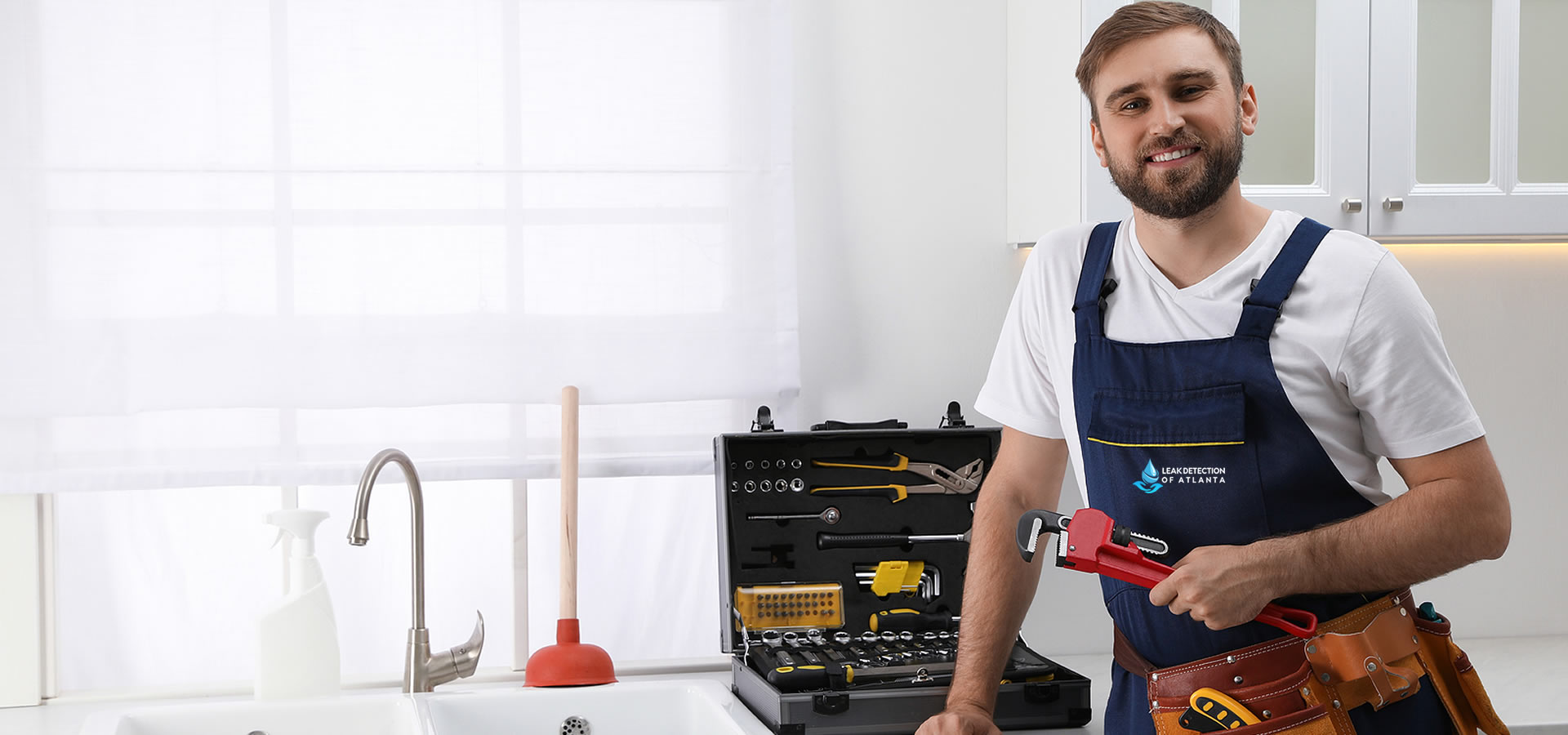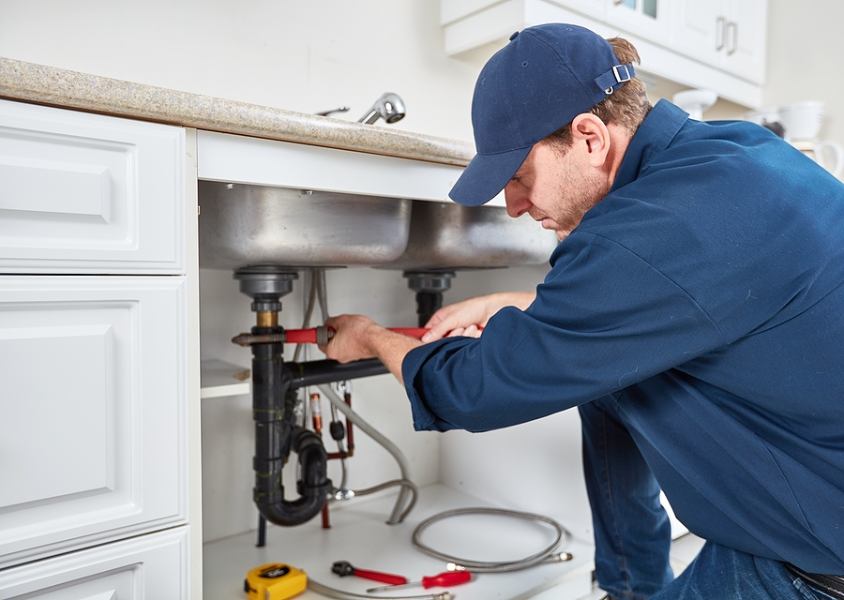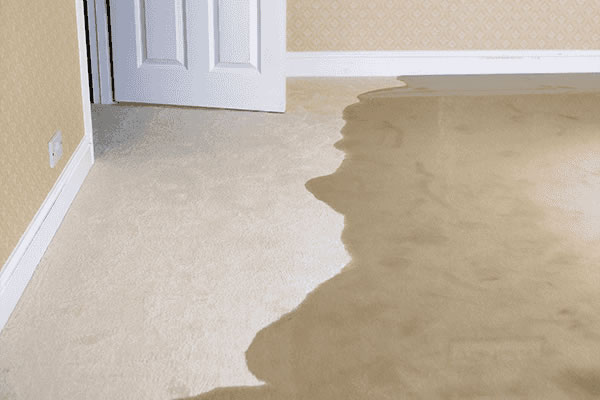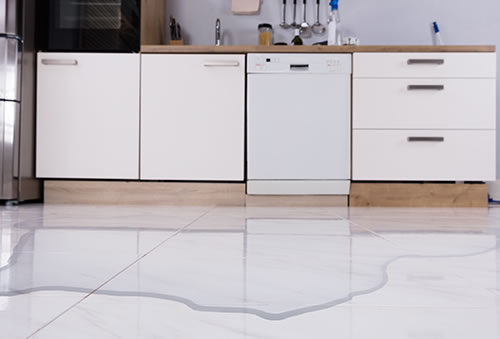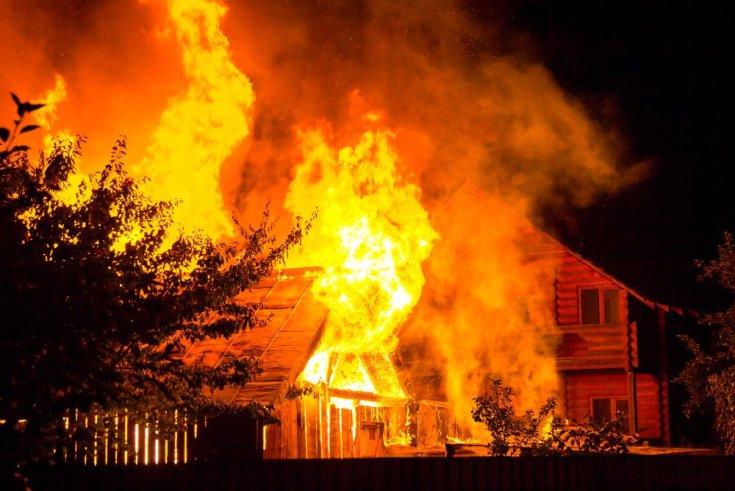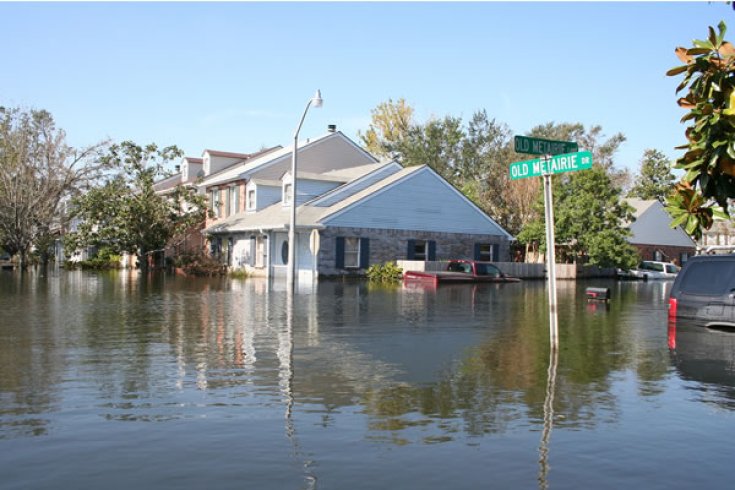What is Involved in Repiping Services?
Repiping is a significant plumbing procedure that involves replacing old or damaged pipes in a building's water supply system with new ones. Over time, pipes may deteriorate, leading to leaks, reduced pressure, or contamination issues in your water. Repiping can restore the property's plumbing integrity while assuring efficient delivery of safe drinking water. Leak Detection of Atlanta is here to explain what repiping involves so homeowners understand when one may be necessary and the steps involved. Ultimately the best recourse is to contact a professional plumbing service for your repiping needs.
What Is Repiping?
A "repipe," short for "replacement piping," is an extensive plumbing procedure that replaces aged or damaged pipes with new, long-lasting ones. Repiping may become necessary when existing ones have become compromised due to corrosion, rusting, or degradation, as these could compromise water quality delivery throughout a building. Repiping services typically offer this as part of their repair or renovation plans when existing pipes become compromised due to corrosion, rusting, or degradation that compromises delivery systems resulting in compromised water delivery systems compromising water delivery systems across buildings.
Repiping can involve overhauling an entire property's water supply system or just particular sections that have proven problematic. The main goal of repiping is to improve flow, quality and prevent leaks - ultimately protecting the structural integrity of buildings.
What Does Repiping Consist Of?
-
Inspection and Assessment
Repiping begins with assessing your existing plumbing system by licensed plumbers, who will assess its condition, inspect for leaks, examine water pressure levels, identify signs of corrosion or damage, and assess whether a replacement will be necessary. This step is vitally important when deciding the extent of repiping needed for your property.
Once an assessment has been conducted, homeowners and plumbers will work collaboratively to select an ideal piping material. Common options include copper, PEX (cross-linked polyethylene), and CPVC (chlorinated polyvinyl chloride). Budget, building codes, and specific property needs all play an integral part in choosing this option.
Before initiating the repipe process, plumbers will take appropriate measures to protect the interior of your property from potential damages during this process. This may involve covering furniture, floors, and valuables with plastic sheeting to avoid potential rippling damage while water is temporarily removed from your residence.
Once hired, plumbers will remove and install new pipes according to your exact repipe needs, either section by section or throughout your property, depending on its scope. All connections and industry standards will be carefully maintained when installing new lines ensuring proper connections and adhesion.
Once all the new pipes are in place, plumbers will conduct pressure tests to verify no leaks. After passing these tests, the water supply to your property will be switched back on with any necessary adjustments for smooth water flow. Finally, they'll clean up their work area by clearing away debris and returning its interior to its original state.
How Can I Determine If Repiping Is Necessary?
-
Persistent Low Water Pressure
If your home's water pressure remains consistently low, this could be a telltale sign that its pipes have become compromised - possibly through corrosion or blockages - potentially necessitating repiping to improve pressure and flow. Repiping can significantly enhance both of these aspects.
Experience of frequent pipe leaks after repairs may indicate that your existing pipes have reached the end of their useful lifespan, necessitating replacement to stop future leaks and prevent potential water damage to your property. A repipe can prevent future leaks and potential water damage issues in your property.
-
Rusty or Discolored Water
When your water appears rusty, brownish, or discolored, it could indicate corrosion in its pipes and present health risks; replacing these pipes would guarantee access to clean and safe drinking water.
-
Existing Galvanized Pipes
If your property was built decades ago and still has galvanized pipes installed, it may be time for an upgrade. Galvanized pipes can become vulnerable to rust and corrosion over time, compromising water quality and flow.
-
Foul Odors or Strange Tastes in Tap Water
Unpleasant odors or unusual tastes could indicate degraded pipes or bacterial growth, with repiping being one solution to help solve such issues and deliver fresh-tasting water.
Leak Detection of Atlanta
At Leak Detection of Atlanta, we understand the value of having an efficient plumbing system on your property. When it comes time for repiping needs, our team of highly-skilled professionals is on hand to guide you every step of the way. No matter if it's leaks, low water pressure, or discolored water - our skilled emergency plumbers offer thorough assessments to determine whether repiping may be necessary. Our extensive knowledge and top-grade materials guarantee a seamless repipe that will increase water flow, enhance quality and protect against potential water damage in your property.

